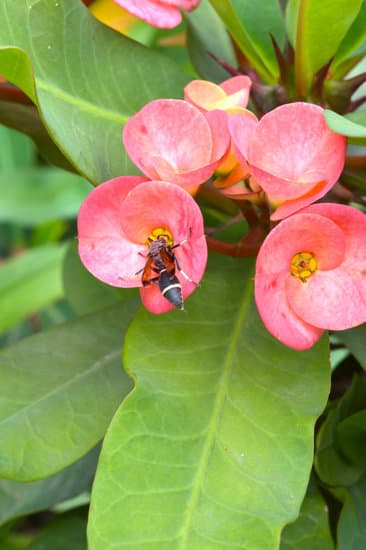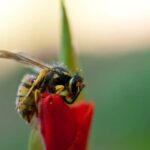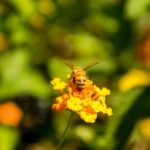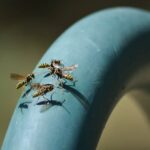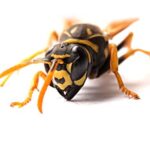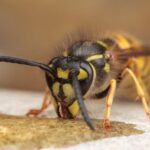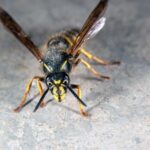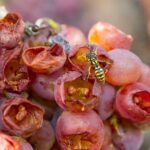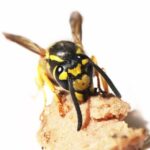How Does Wasps Pollinate Flowers?
Whether they are predators or pollinators, wasps are beneficial insects that are important to humans. Their ability to pollinate plants helps control insect pest populations. Some wasps even make honey.
A wasp’s ability to pollinate flowers is not as good as that of bees. Wasps do not have the ability to store pollen in a special body part like bees. Rather, pollen gets stuck on the hairs on their bodies. However, some wasp species are able to transport pollen without any hairs.
Wasps are capable of spreading pollen on flowers, but do not always do so. They have the ability to pollinate some fruit trees, such as figs, but not other types of fruit. They can also act as a backup pollinator to bees. This may be useful in areas where bees are not abundant.
Wasps are also omnivorous. They feed on both nectar and protein from pollen. They may also feed on insects, fruits, and honeydew. They may not eat the prey they hunt, though.
Most wasps are ground-living. Their bodies are built to hunt and to carry food. They eat nectar to provide their young with a fast energy source. They also drink nectar to provide quick energy when hunting.
They are able to pollinate more than 950 different plant species. Among the most fascinating pollination systems are those that use sexual deception. Some species use this method to pollinate the flowers of the African milkweed, a plant that has a highly concentrated nectar source.
